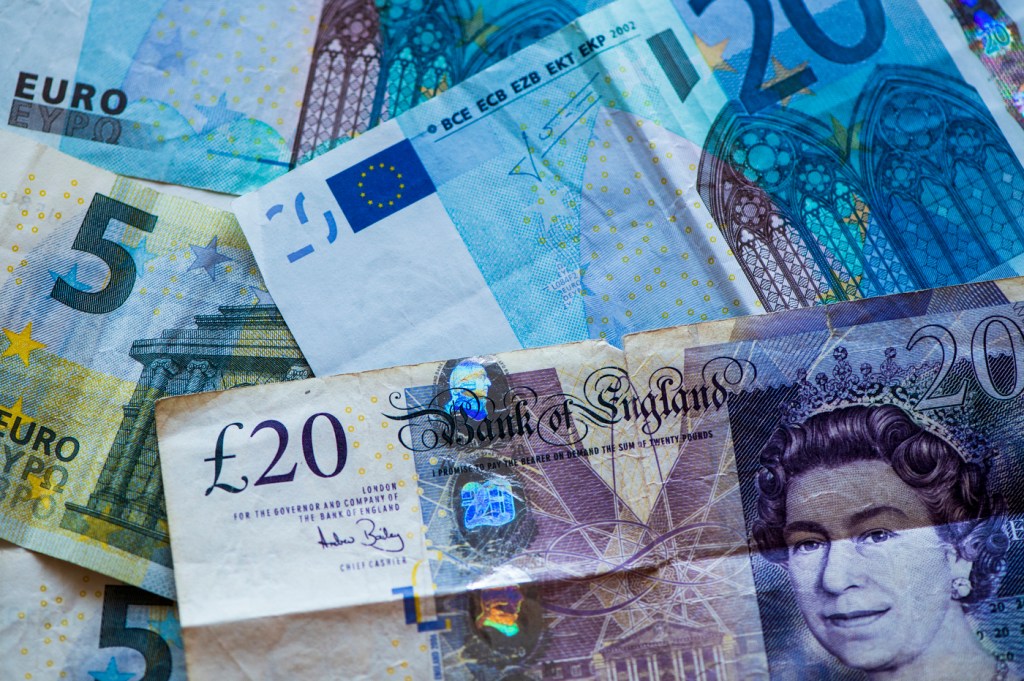Brexit bureaucracy another burr under Britain’s economic bounceback

A potent cocktail of post-pandemic spending mixed with a sluggish supply chain has boosted inflation rates across the globe—and the United Kingdom’s complicated exit from the European Union has further muddled Britain’s economic recovery.

Yaprak Tavman, associate professor of economics at NCH at Northeastern in London
The result has meant rising prices on everything from used cars to clothing, at a time when the British relaxed many of their COVID-19 restrictions mid-summer.
“COVID and Brexit have interacted in a way that has made things far more difficult here in the U.K.,” says Yaprak Tavman, associate professor of economics at NCH at Northeastern in London.
Consumers in the United States are also grappling with rising inflation, but Brexit has added a layer of bureaucratic red tape for both imported goods and workers. Though the United Kingdom voted to separate from the European Union in 2016, full separation didn’t go into effect until January as the pandemic still had a stranglehold on supply chains around the world.
“Brexit increased costs in the U.K. in terms of imports and in supply disruptions,” says Tavman. Some European natives who went home to live with family during the pandemic haven’t been able to return to their U.K. jobs without a visa, further impacting the U.K.’s labor shortage.
“Brexit and COVID-19 just happened to coincide and overlap. Brexit on its own would cause a disruption in supply chains, because there used to be free movement of goods, services and people between the EU and the U.K.,” says Robert Triest, professor of economics.

Robert Triest, economic professor at the College of Social Sciences and Humanity, says the inflation increase is likely temporary. Photo by Matthew Modoono/Northeastern University
As Brits have hit the shops and bars after a year of COVID-19 lockdowns, inflation has risen sharply, hitting a two-year high of 2.5 percent in June. The rate increase has surpassed a 2 percent target set by the Bank of England to keep rates low and stable.
Tavman, along with some in the Bank of England, believe the inflation rate could hit 3 percent or more in the coming months.
“We should expect this to continue rising in the future, maybe to three or three and a half percent,” says Tavman.
The emergence of new variants could also impact inflation.
“The Delta variant, to the extent that it is going to cause further disruption of economic activity, may exacerbate the supply chain problems,” says Triest. “The best policy response is to really push vaccination campaigns. Because the sooner we protect people worldwide from COVID, including the Delta variant, the sooner we can resolve the supply chain issues.”
Despite the impact of Brexit, Triest says inflation in the U.K. is likely temporary, meaning that prices will stabilize as post-pandemic life becomes more predictable.
“The main thing that I would like to stress is that this is a temporary phenomenon,” says Triest, adding that the supply chain bottlenecks and rise in spending are, “all transitory. So people shouldn’t be afraid of this being something like the stagflation years in the 1970s when we last experienced sustained rates of high inflation.”
For media inquiries, please contact Shannon Nargi at s.nargi@northeastern.edu or 617-373-5718.





